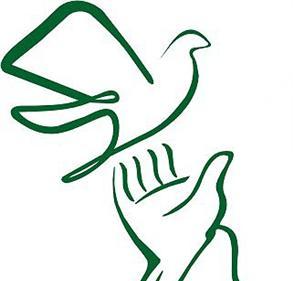Who we are
Mission
Offer targeted assistance to children and adolescents with Cancer and promote a better quality of social, physical, mental, religious and legal life. Providing them with ideal and satisfactory conditions for treatment, achieving a cure and reintegrating them into society to achieve their goals as human beings capable of contributing to society is a priority. Maintain the quality of the services provided by the Institution, within a strict goal of resoluteness, social responsibility, perseverance, dedication and a lot of love.
Vision
Being an NGO of excellence and responsibility towards its users, and being a reference in social programs developed by civil society, Lar Caminho da Luz invests in human solidarity, promoting the reintegration of cancer patients and their families into society, not only aiming to minimize suffering of those who suffer from prejudice, abandonment and the consequences of the disease, it aims above all to restore conditions for their survival with dignity.







